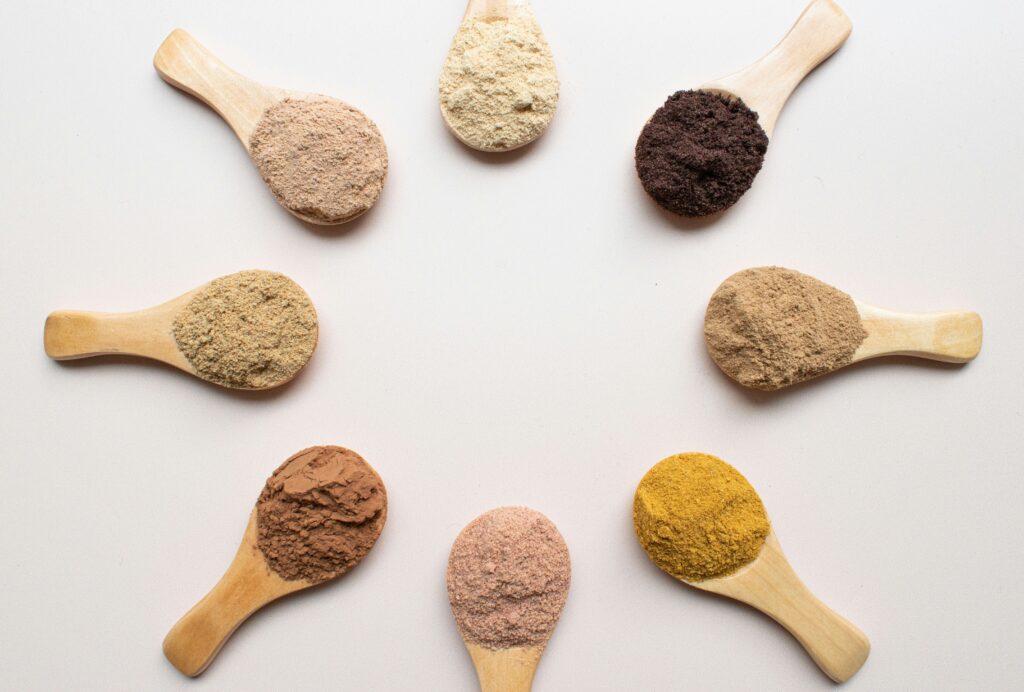Whey Protein. We’ve all heard of it, right? It’s a magic powder you can buy down dark alleyways after the sun’s gone down. Well, maybe not. You don’t want to get protein powders confused with other types of powders, that won’t end well.
Whey protein is a supplement you can use to boost the quality of your diet. The key word here is ‘supplement’. It shouldn’t replace elements of your regular diet, but should only be consumed in addition to your regular diet. For example, when you’re trying to increase the amount of protein you’re consuming. Only, you don’t have the time or can’t stomach any more chicken breasts or eggs.
However, people often over exaggerate the importance of protein powder. Part of this comes from the credit Fitness moguls and influence give to protein powder. When really a large part of their progress can be put down to some form of sports enhancing drug. As most sports enhancing drugs are either illegal or can only be obtained through a prescription in the UK, there’s no value in promoting them. If anything, influencers don’t admit their doping habits, as it would upset the brands who fund their lifestyles. So, commercially, being a marketable product, protein powder takes the lead role.
What does protein do?
Whey protein works like any other protein source. It’s a protein source which provides nutritional benefits, helping our muscles to grow and perform under stress. Whey protein contains all the essential amino acids. Now, I know what you’re thinking, what difference does that make?
And I don’t blame you. Getting too scientific isn’t fun or easy to understand for many of us. Don’t we all just want to build muscle, eat well and make progress in the gym? But, still, without getting too scientific, amino acids form the essential building blocks that promote muscle growth.
In a way, protein powder works as meat, fish and eggs work. And remember, if you have the money and time to hit your protein target through these food sources, there’s no need to invest in whey protein.
What is whey protein made of?
Whey protein is made up of a whole load of components. But, put simply, whey protein comes from the watery part of milk that splits off during the cheese making process. This makes it a form of dairy, providing nutritional benefits. The liquid whey is then pasteurised, allowing it to be concentrated and isolated, which are the two main types of whey protein you’ll find online.
Is Whey protein bad for you?
How you feel about whey protein most likely depends on your school of thought. Some people are pro animal products, believing their best off from eating meat and dairy. Others go down the plant protein route, not willing to touch dairy. Neither route can be outright classified as bad, and the battle between the two sides can wait for another time, we don’t have time for that right now.
People who are lactose intolerant might want to steer clear of whey protein. Of course, this doesn’t make dairy products bad for everyone. It contains calcium, which allows you to maintain strong bones and muscles, which is especially important if you spend time strength training. So, no, whey protein isn’t bad for you.
Which Whey protein is the best?
Most whey proteins are created equal, no matter all the crazy marketing you see. Companies will always be trying to convince you they have the best whey product on the market. But, the whey protein creation process is the same. It’s just packaged and marketed differently.
You’ll find most whey protein contents fall somewhere between 20g to 25g for each serving. This is roughly the equivalent of eating a piece of meat like a chicken breast or three to four eggs. This is where supplementation can be so beneficial. As yes, you could opt to eat that additional chicken breast. But, if you go to the gym after your evening meal, and want a convenient way to intake some protein before you go to bed, protein powder could be your solution.
Whey concentrate vs whey isolate
If you’re shopping around for whey protein, you’ll have come across whey concentrate and whey isolate protein. Now, this might make the idea of supplementing seem even more confusing. But, it doesn’t need to be.
They are both derived from the same milk concentration, so there’s only a slight difference between the two. Whey isolate has been filtered to remove the lactose in the powder. This makes it more suitable for those with an intolerance to dairy. However, this process results in a more expensive product.
The filtering process results in a lower carb and fat source, with a slightly higher protein value than whey concentrate. Because of this, whey isolate is better for people looking to lose weight, as each serving is lower in calories. Equally, those looking to gain weight and don’t have an intolerance are better off going for whey concentrate. And you also get the joys of buying a cheaper product, saving you money!

